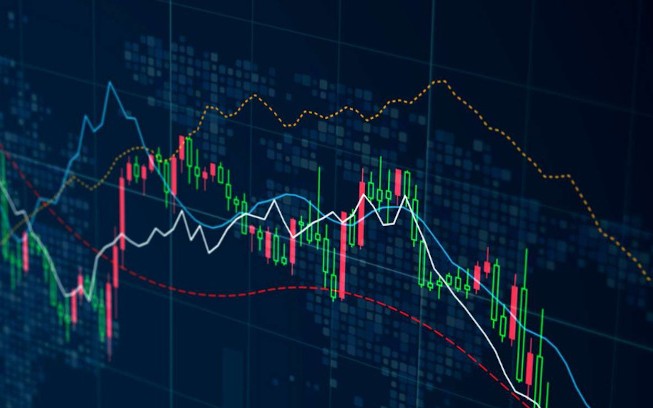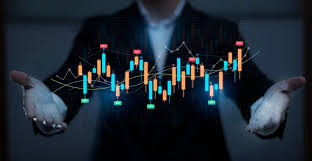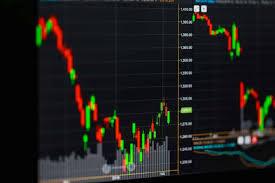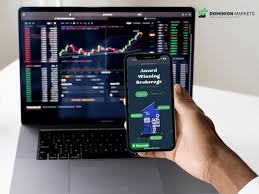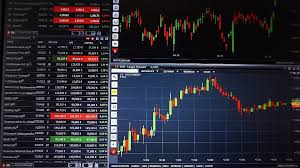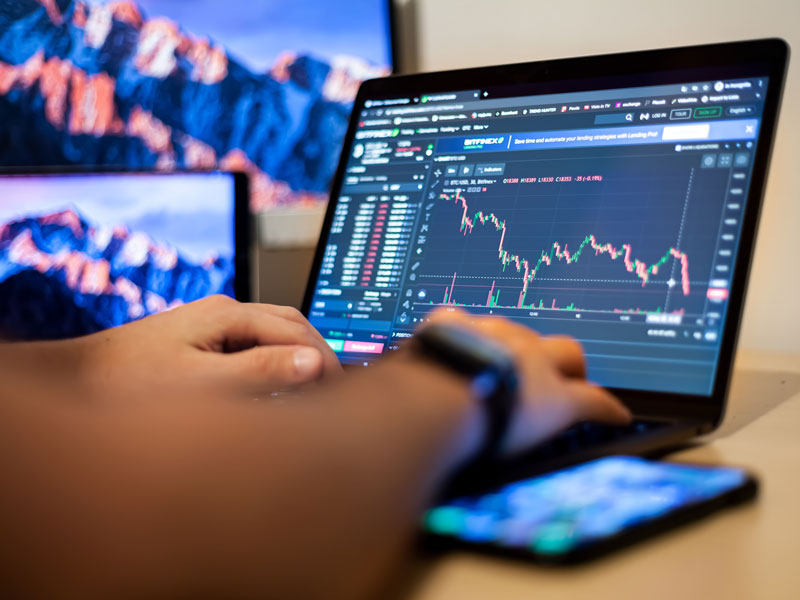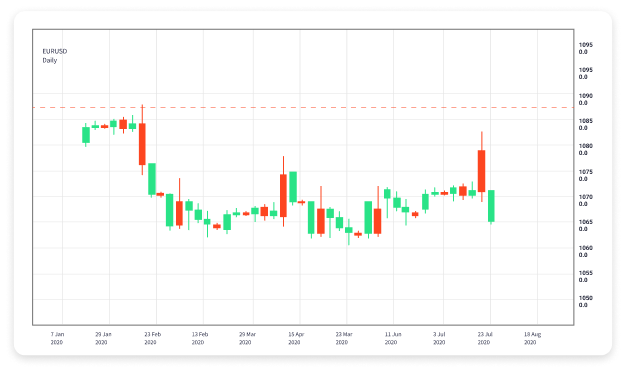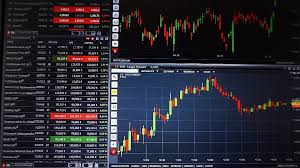
Unveiling the Truth: Forex Trading Scams Exposed
In recent years, Forex trading has attracted a considerable number of investors seeking financial independence and lucrative returns. However, the increasing popularity of the Forex market has also led to a rise in fraudulent schemes and scams. In this article, we will delve into the various types of Forex trading scams, how to identify them, and what precautions you can take to protect yourself and your investments. For those interested in legitimate trading, you can begin your journey at forex trading scam https://onlinetrading-cm.com/.
Understanding Forex Trading
The foreign exchange (Forex) market is the largest and most liquid financial market globally. It operates 24 hours a day, allowing traders to buy and sell currency pairs. While Forex trading can offer considerable profit potential, it also comes with significant risks. As a result, it has become a breeding ground for scammers looking to exploit the uninitiated.
Types of Forex Trading Scams
Forex scams often take various forms. Understanding them is crucial in avoiding falling victim. Here are some of the most common types of Forex scams:
1. Ponzi Schemes
In a Ponzi scheme, returns are paid to earlier investors using the capital of newer investors rather than from profit earned by the investment. The operation relies on a constant influx of new money to keep the scheme going. Eventually, the scheme collapses, and the last investors lose their money.
2. Signal Sellers
Some scammers sell Forex trading signals, promising their customers high returns with guaranteed accuracy. These signals often lack any legitimate basis and are often generated based on random data. In the end, customers see little to no profit.
3. Fake Brokers
Fraudulent brokers often set up fake trading platforms to lure unsuspecting investors. They may offer extraordinary trading conditions, bonuses, and high leverage to entice people to deposit funds. Once a trader invests their money, these brokers might either deny withdrawals or simply disappear with the funds.
4. Management Companies
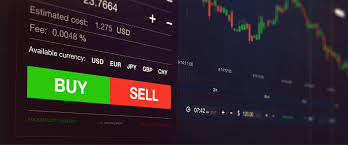
Some individuals or companies offer to manage your Forex trading account, promising high returns in return for a management fee. However, many such entities are not licensed or regulated and could misuse your funds without any accountability.
5. High-Yield Investment Programs (HYIPs)
HYIPs are investment schemes that promise unusually high returns on investment. Scammers operate these programs, offering returns that are impossible to sustain in the long run. When new investor money decreases, these programs usually collapse, leaving investors with nothing.
Recognizing Warning Signs of Forex Scams
Being able to identify potential scams is your first line of defense against fraud. Here are some warning signs to look out for:
1. Too Good to Be True Returns
If an investment opportunity promises guaranteed, high returns with little to no risk, it’s a significant red flag. All investments come with risks, and no legitimate investment can promise consistent returns.
2. Lack of Regulation
Always check if a broker or company is regulated by a reputable financial authority. If they are not, proceed with caution.
3. Pressure Tactics
Fraudsters often use high-pressure sales tactics, urging you to invest right away to avoid missing out on a “once-in-a-lifetime” opportunity. Legitimate companies usually provide sufficient time for investors to make informed decisions.
4. Unverifiable Claims
Be wary of companies that make unverifiable claims about their trading strategies or success rates. Always do your due diligence and verify the information provided.

How to Protect Yourself from Forex Scams
Now that you know what to look for, here are some tips on how to safeguard yourself from Forex trading scams:
1. Research
Always conduct thorough research before investing in any Forex broker or platform. Look for customer reviews, regulatory information, and verify the company’s legitimacy.
2. Choose Regulated Brokers
Opt for brokers regulated by top-tier financial authorities, such as the FCA (UK), ASIC (Australia), or NFA (USA). Regulatory oversight offers an additional layer of protection for your investments.
3. Start Small
If you’re new to Forex trading, start with a small investment until you are more comfortable and experienced. This approach limits the potential loss while you learn the ropes.
4. Use Demo Accounts
Many reputable brokers offer demo accounts that allow you to practice trading without risking real money. Utilize these accounts to familiarize yourself with the trading platform and strategies.
5. Stay Informed
Continue to educate yourself about Forex trading and the market. Knowledge is your best defense against scams. There are numerous resources, courses, and communities available to help you stay informed.
Conclusion
Forex trading can be a rewarding endeavor, but it comes with its risks. By understanding the types of scams that exist and how to identify them, you can protect yourself and your investments. Always be vigilant, conduct thorough research, and stay educated to contribute to a safer trading environment.
